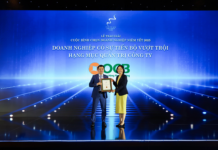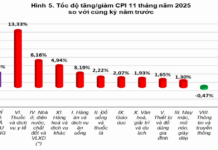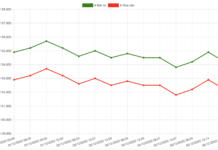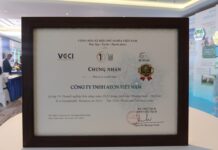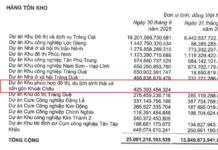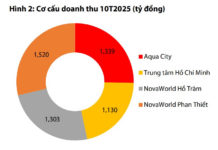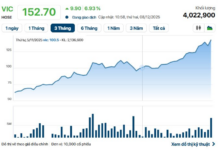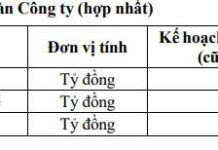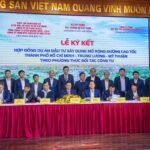The Ministry of Industry and Trade
The Ministry of Industry and Trade has announced that Minister Nguyen Hong Dien recently held a meeting of the drafting committee for the amended Electricity Law, with the aim of completing the draft for submission to the Government in July 2024.
According to Minister Nguyen Hong Dien, in accordance with Resolution 55 of the Politburo and the Government’s approval of the 8th Power Development Master Plan, the goal by 2030 is to double the total installed capacity compared to the present (currently about 80,000 MW) and quadruple it by 2050.
With less than 7 years left until 2030, this is a major challenge. Vietnam is developing its power sources to ensure socio-economic development, while also implementing a strong energy transition to achieve the commitment of net zero emissions by 2050. Therefore, the energy sector in Vietnam needs to make the highest effort to achieve this goal. Alongside this, Vietnam must reduce thermal power to the maximum extent possible, prioritize the development of renewable energy and environmentally friendly new energy sources such as gas, green ammonia, hydrogen, and when economically feasible, nuclear power.
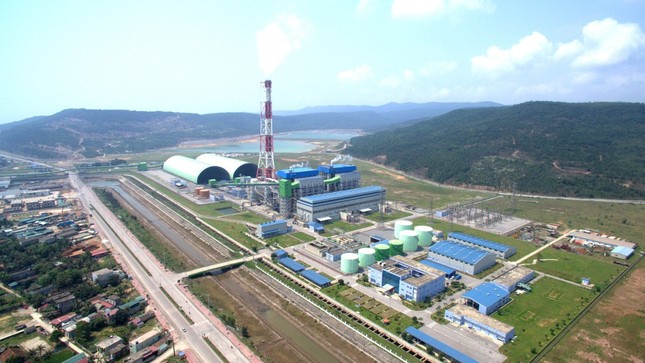
The Ministry of Industry and Trade is concerned about the progress of the implementation of the 8th Power Development Master Plan.
According to Minister Nguyen Hong Dien, the current drafting and promulgation of the Electricity Law is of great importance. The Law project must inherit and promote the achievements already made and realize the Party’s guiding principles in Resolution 55, the resolutions of the National Assembly and the Government. The Law project must also be consistent with international commitments, prioritize the development of renewable energy, new energy sources, clean electricity, energy storage, and smart grids.
Tran Viet Hoa, Director of the Electricity Regulatory Authority, Ministry of Industry and Trade, stated that the drafted law will adhere to the six major policies directed by Minister Nguyen Hong Dien. Specifically, it will develop a plan and invest in power development to ensure energy security for the country, as well as develop renewable energy and new energy sources.
According to Hoa, the law will improve regulations on the operational conditions of power companies and the issuance and revocation of power operation licenses. Specifically, it will manage electricity trading activities in a transparent, fair, and efficient market mechanism; manage and operate the power system, promote efficient electricity use, enhance demand-side management and load adjustment…
On May 15, 2023, Deputy Prime Minister Tran Hong Ha, authorized by the Prime Minister, approved the National Power Development Master Plan until 2030, with a vision to 2050 (Master Plan VIII). According to the Ministry of Industry and Trade, this plan was approved in the context that in recent years, some large-scale power projects have been delayed in operation, while new projects have not been able to commence due to the need for additional planning.
Specifically, several power projects have been delayed, with the North being delayed by 3,000 MW of thermal power, and the South being delayed by over 3,600 MW, along with inappropriate load distribution development. The delay in these two regions poses a risk of power shortage and operational difficulties due to a lack of backup power capacity, especially in the North by 2025. Meanwhile, solar power has already reached 8,700 MW by the end of 2020, over 9 times the capacity envisaged in the previous plan, with major projects focused in the Central and Southern regions.
According to Master Plan VIII, Vietnam aims to have about 21,880 MW of onshore wind power capacity, an additional 2,600 MW of rooftop solar power (self-generated, self-consumed), 2,270 MW of biomass and waste-to-energy power, and 29,346 MW of hydroelectric power by 2030. According to the draft plan submitted last year, the estimated capital required for power development was nearly $120 billion USD. Of this, nearly 76% was expected to come from private investment (approximately $91 billion USD), while the State would account for only 24%. The public investment capital was about $50 billion USD, with a priority on completing policies and enhancing the capacity of the power sector. The funding for the rural, mountainous, and island electrification program was nearly VND 29.8 trillion, with a current balance of 30%.






